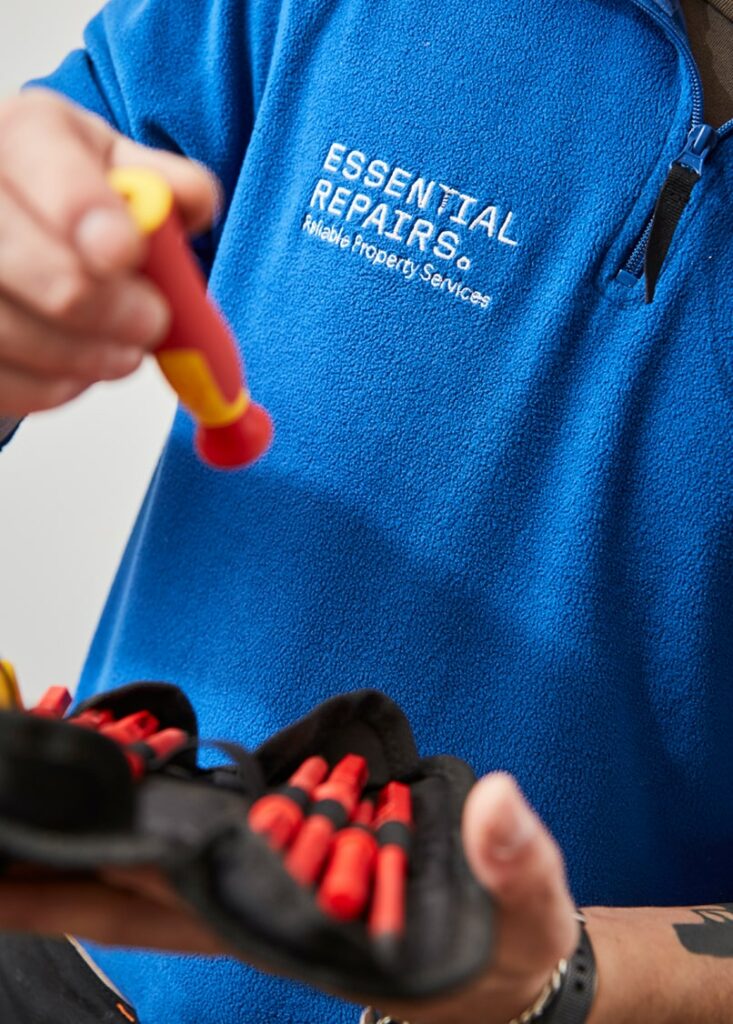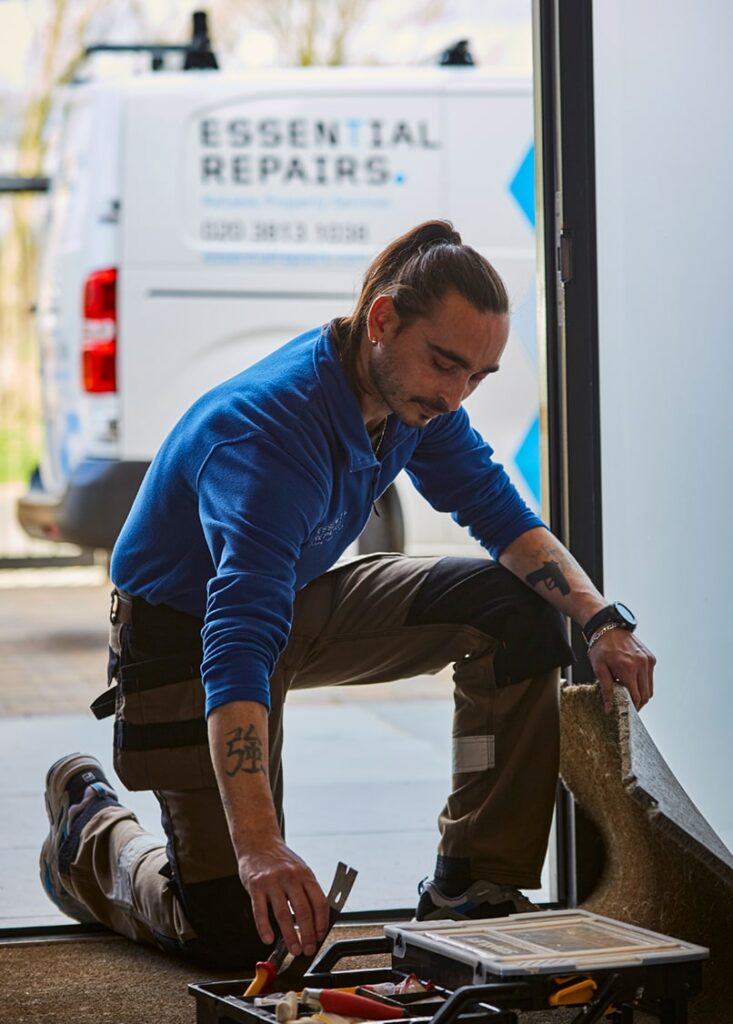Are your portable electrical appliances in need of expert PAT portable appliance testing? Come to Essential Repairs, where we employ electricians who are extremely experienced in PAT testing, capable of ensuring the safety and compliance of all properties, domestic and commercial, across bustling West London.
Read on for more information about our portable appliance tests, here.
What is PAT testing? The answer is actually quite simple. Portable appliance testing refers to the thorough process of testing portable electrical appliances – such as kettles, toasters, electric heaters, fans, vacuums and microwaves – to ensure that they are safe to use. This includes both a visual inspection, and the use of electronic tests to identify any frayed wires, damaged plugs, defective or unresponsive circuits, and more that could pose safety risks to your West London property. The implementation of portable appliance testing in London and beyond has greatly reduced electrical accidents and hazards in countless domestic and commercial properties.


You should choose Essential Repairs for portable appliance testing because we:
At Essential Repairs, our customers compliment our detailed and professional approach to portable appliance testing, including our transparency around the current portable appliance testing requirements, and whether their appliances meet the standards required. For more information about our customers’ positive opinions of our expert team, please see our customer testimonials below:
Essential Repairs has built a reputation for quality and reliability throughout West London, servicing a wide array of areas with our professional electric services. Here are the primary areas where we deliver our expert services.
For domestic and commercial customers that are interested in our portable appliance testing service, we proudly cover the following areas:
For domestic spaces, you should be testing your portable electrical appliances – such as your microwave, kettle or toaster – every two years. How often commercial spaces should be testing their portable electrical appliances depends on what the commercial space is. For example, offices should be testing on site appliances every two to four years, but construction sites should be testing their appliances every six months. A general rule of thumb for commercial properties open to the public is the annual testing of all electrical appliances, fixed or portable. This ensures their safety and legal compliance at all times.
In actuality, portable appliance testing isn’t strictly a legal requirement. But, it is outlined in both the Health and Safety at Work Act and the Electricity at Work Regulations. Portable appliance electrical testing is the most efficient way to ensure that electrical equipment is in a good, safe and proper condition.
Yes. For our customers, we always keep a record of the PAT tests carried out by Essential Repairs. You should receive a document outlining the date of the test, the electrical appliances tested, the test results and what actions have been taken to rectify any problems. It’s also advisable to keep a clear record of the name of the electrician who performed the testing, should any issues or discrepancies arise later on.
Labelling electrical appliances that have undergone a recent portable appliance test is good practice, even if you’re just at home and not in a commercial space. Using a simple label, you can determine whether an appliance has ‘passed’ or ‘failed,’ and when the next portable appliance test is due.
For PAT portable appliance testing that you can trust, find an experienced electrician with Essential Repairs. All you have to do is book the right electrician for you through our online booking system, today. It’s a simple and effective process that ensures you can receive a portable appliance test as soon as possible.



We use cookies on our website to give you the most relevant experience by remembering your preferences and repeat visits. By clicking “Accept”, you consent to the use of ALL the cookies. However you may visit Cookie Settings to provide a controlled consent.